"One of the scariest things:" Program at Aurora Sinai helps pregnant women addicted to opiates
MILWAUKEE -- Addiction to heroin and opiates is a growing problem. But there is an organization here in Milwaukee aimed at helping a particular population -- pregnant women, and their babies.
Brittany Hart said she cannot wait for the birth of her second child.
“She`s coming. We've got 30 days,” Hart said.
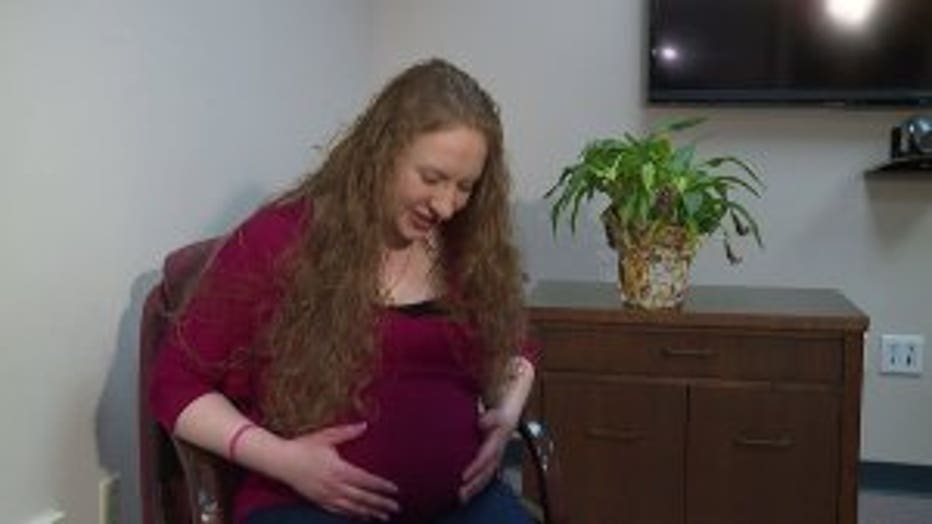
Brittany Hart
Pure joy replaced fear Hart felt earlier in her pregnancy. She acknowledged that while every mother-to-be may have trepidation of some sort, her fears stemmed from her addiction to opiates.
“When you become pregnant and you have an addiction, it’s one of the scariest things. A lot of us, you know, we are intelligent enough to know it’s not healthy and safe -- but that addiction is so overwhelming," Hart said.

Aurora Sinai Medical Center
A few months into her pregnancy, Hart found help through the MARC Program, or "Maternal Addiction Recovery Center" at Aurora Sinai Medical Center in Milwaukee.
Hart says the program saved her, and her daughter.
For some patients in the program, it all starts in a hospital room. The next step, which makes this program so unique, is in-patient care. That in itself might just last 24 hours, but the care from the doctor never stops.
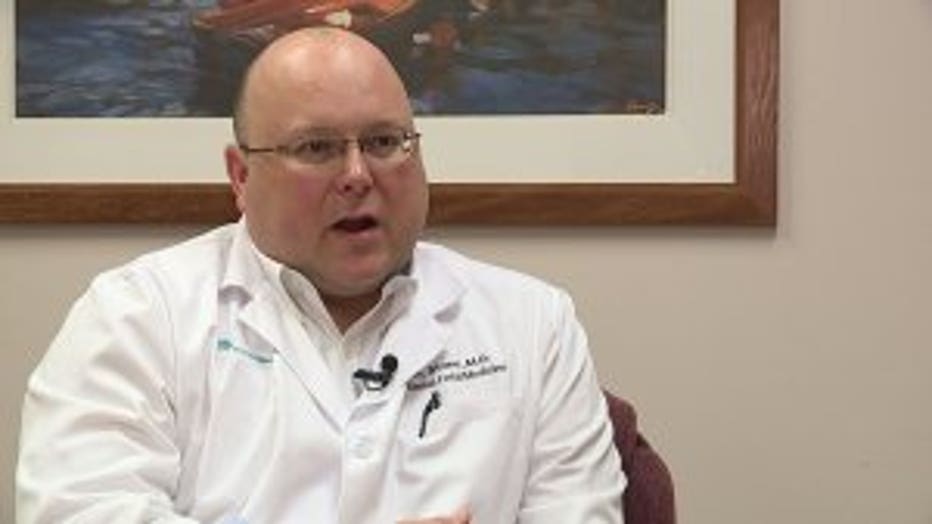
Dr. Ryan Stone
“We provide a complete package, both with obstetrical care, counseling, medical opiate addiction treatment, all in one location,” said Dr. Ryan Stone, the medical director for the High Risk Clinic.
Dr. Stone said as far as medicine is concerned, the general public typically hears about 'methadone' but this program mainly uses 'buprenorphine'.
“Buprenorphine is a little different. It`s a medication that both acts as an opiate but also blocks effects of opiates,” said Stone.
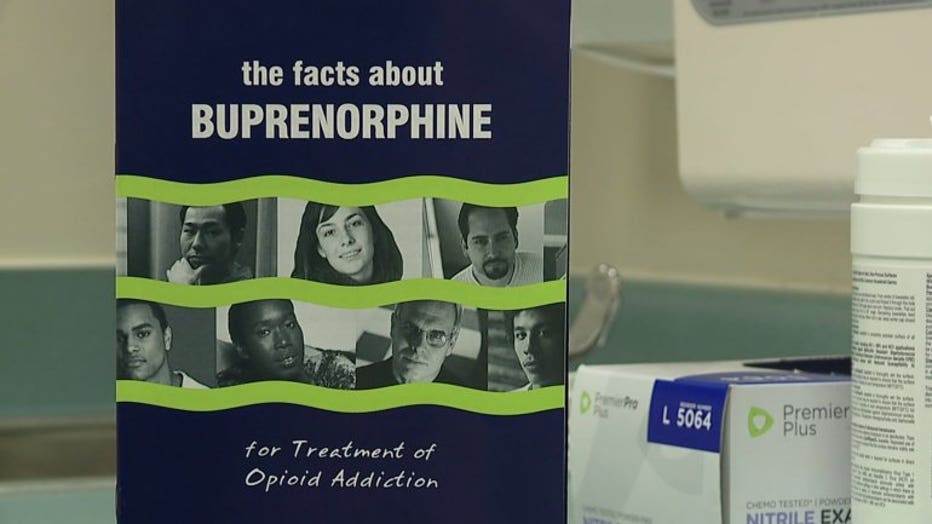
Buprenorphine
The pilot program began in March of 2015.
“There was a significant need for treatment and that was made evident by the number of babies that were showing signs of opiate dependence or neonatal abstinence syndrome in our nurseries,” said Dr. Stone.
Stone said the newborns are still at risk for being physically dependent when they're born, but said one of the advantages of using 'buprenorphine' is a less severe degree of withdrawal.
“Imagine being home day three, day four, baby`s having severe withdrawal symptoms, crying 24 hours a day, not feeding, and you’re dealing with your own addiction and depression,” Stone said.
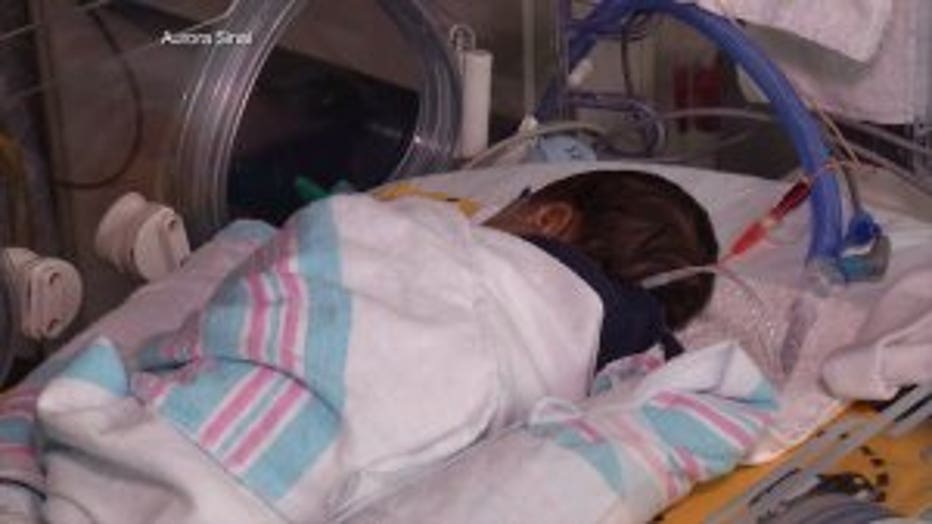
With the MARC Program, the newborns stay in the NICU longer, an average of 5-7 days, and are closely monitored by doctors and experts.
The emotional aspect is focused on as well.
“This is a very stigmatized population, because they don`t feel like they can talk to other people who are opiate users because they get judged for being pregnant and they don`t feel like they can talk to other women who are pregnant because they feel they are being judged for using opiates,” said Amanda Gragg, a licensed professional counselor and substance abuse counselor.
Gragg offers the women a safe place -- not just to talk to her, a professional, but to talk to each other.
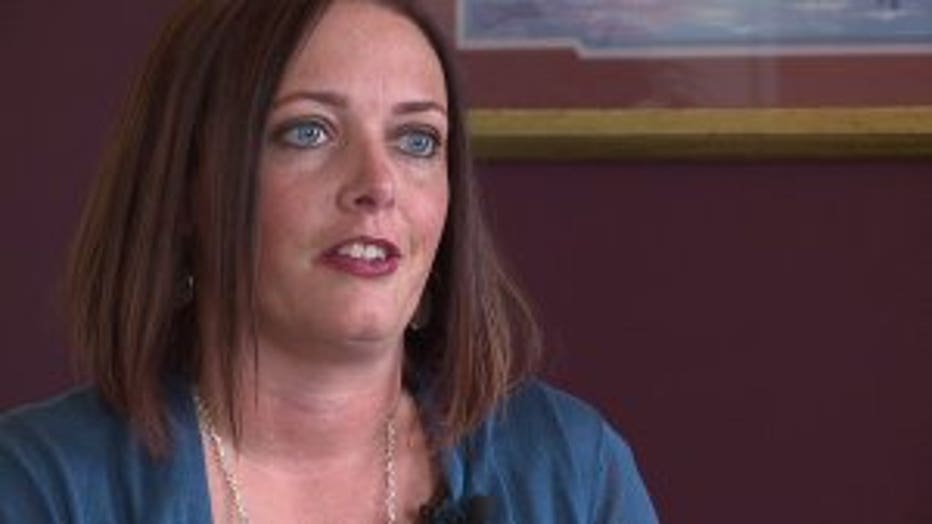
Amanda Gragg
“It’s something sitting one-of-one with a patient I could never provide. They support each other so much and they`re so incredibly just in it together,” Gragg said.
“It’s almost like your own little family in a way,” Hart said.
It is through those women, and through the program, that Hart says she has found strength, in herself, and for her children.
“I've made a lot of mistakes and that`s OK. Just because I made those mistakes doesn`t mean I can’t change it and get my life back. I can’t change the past, but I change the future and look for a better tomorrow for me and the baby,” said Hart.
The women continue to go to the therapy and check in with the doctors for six weeks after the baby is born.
They can then be referred to another program if needed.
They can start the program at any time during their pregnancy.

